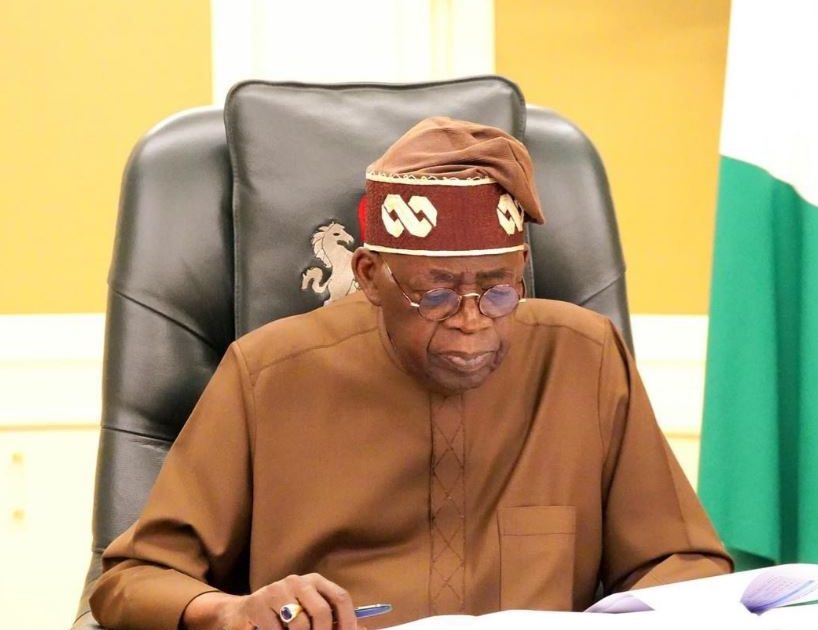The Nigerian State House, the official residence and workplace of the President, faces a significant energy challenge, prompting a substantial budgetary allocation for diesel and a delayed transition to solar power. The government earmarked N1.99 billion for diesel in the 2025 budget, a stark indicator of the persistent reliance on generators due to the unreliable national grid. This substantial allocation follows N88.75 million spent on diesel in the first half of 2024 alone, highlighting the ongoing and costly dependence on this non-renewable energy source. Transactions detailed on GovSpend, a public spending tracker, reveal multiple payments to fuel suppliers for thousands of litres of diesel, underscoring the scale of consumption required to power the State House complex, including the clinic and guest houses.
The significant expenditure on diesel is driven by the frequent collapses of the national grid, which has experienced over ten failures in 2024 alone. This instability, coupled with fluctuating diesel prices and the high cost of generator maintenance, has created an unsustainable financial burden for the State House. Senior officials have expressed concern over the escalating energy costs, which currently amount to N6 billion annually, emphasizing the urgent need for a more reliable and cost-effective solution. The situation underscores the broader challenges facing Nigeria’s power sector, marked by aging infrastructure, underinvestment, and insufficient capacity to meet the demands of a rapidly growing population.
To address this pressing issue, the government initiated a solar power project aimed at drastically reducing the State House’s energy bill. The proposed 40MW solar plant is projected to slash the N6 billion annual energy expenditure by at least N5 billion, offering a significant long-term cost saving. The project, initially slated for completion between December 2024 and January 2025, has experienced delays, further exacerbating the reliance on costly diesel generators. While construction of a smaller 1.2MW solar plant commenced at the State House Medical Centre in October 2024, work on the main complex has yet to begin as of February 2025.
The delays in the solar project raise concerns about the continued financial strain imposed by diesel dependency. Officials have emphasized the unsustainability of the current situation, citing the exorbitant costs associated with both the infrequent supply from the national grid and the continuous operation of diesel generators. The solar initiative is viewed as crucial for achieving long-term cost reduction and energy independence for the State House. The design of the solar installation incorporates car park canopies covered with solar panels, channeling energy to a battery plant for storage, a solution intended to minimize aesthetic disruption to the State House grounds. This integrated approach reflects a move towards more sustainable practices and a commitment to reducing the environmental footprint of the presidential complex.
Despite the setbacks, the solar project holds promise for significant improvements. Initially, the plant is expected to generate approximately 7MW in real-time output, with a peak capacity of 40MW. A key advantage of the project is the projected zero maintenance cost for the first 15 years, as the contractor will be responsible for upkeep during this period. The solar power system is expected to be the primary power source, with the national grid and existing generators serving as backup, particularly during periods of reduced sunlight, such as the rainy season. The prioritization of the State House Medical Centre for the initial phase of the solar installation reflects the critical need for uninterrupted power supply to protect sensitive medical equipment from power fluctuations and ensure consistent patient care.
The power challenges faced by the State House mirror the wider energy crisis affecting Nigeria, where inadequate electricity supply hinders economic development and impacts the daily lives of millions. The national grid’s instability has prompted disputes over unpaid bills, with the Abuja Electricity Distribution Company (AEDC) issuing disconnection notices to several government agencies, including the State House. While a disagreement arose regarding the exact amount owed, with the AEDC claiming N923 million and the State House acknowledging N342.35 million, President Tinubu ultimately directed the immediate settlement of the debt. The incident highlights the financial strain placed on government entities by the unreliable power supply and the escalating costs associated with alternative energy sources. Beyond infrastructure issues, the power grid also faces security threats, including sabotage of transmission lines, further complicating efforts to provide stable and consistent electricity across the country.


